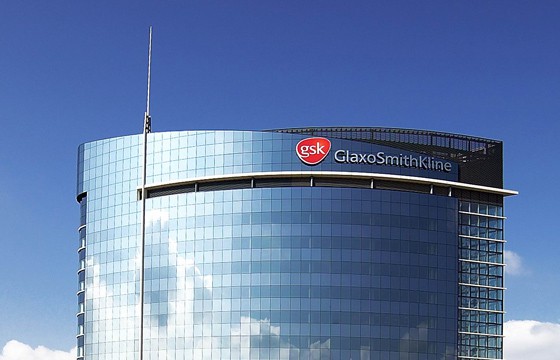
GlaxoSmithKline’s gene therapy for adenosine deaminase deficiency (ADA-SCID or ‘bubble baby’ syndrome) should be funded by the National Health Service in England and Wales, according to NICE.
The €594,000 ($714,000) therapy – which is administered as a single dose and is curative – is the first alternative to a stem cell transplant for ADA-SCID, which affects around three babies per year in the UK, with most cases seen in children of Irish Traveller or Somali origin.
Children with the rare disease have compromised immune systems and are extremely vulnerable to infections, and usually are kept in isolation. If untreated they can die before school age.
While stem cell transplants can be effective, there can be problems finding a matched donor and the procedure is in itself hazardous as it involves high-dose chemotherapy to ablate the bone marrow. In contrast Strimvelis involves removing cells from bone marrow, modifying them outside the body to correct the underlying genetic defect and re-infusing them into the patient.
While the draft guidance points to some ‘uncertainties’ in the evidence for Strimvelis, NICE’s appraisals committee concludes that the therapy “is likely to provide important benefits for people with ADA-SCID, at a cost that provides value for money in the context of a highly specialised service”.
Strimvelis was approved by the EMA in 2016 – the second gene therapy to get a green light anywhere in the world after UniQure’s $1m Glybera (alipogene tiparvovec) product for lipoprotein lipase deficiency (LPLD) which was withdrawn from the market for lack of demand.
So far take-up of Strimvelis has also been slow, in part because only one centre (in Milan) offers the treatment, so patients and carers have to arrange travel to Italy. The guidance notes that “arrangements for NHS funding for travel and accommodation costs for people having Strimvelis and their families will be confirmed by NHS England”.
If there are no appeals to the recommendations, the Institute says it expects to publish final guidance next month.
The new guidance comes in the same week that Spark Therapeutics announced its pricing for RPE65-mediated eye disease gene therapy Luxturna of $850,000 – $425,000 per eye – kicking off fierce debate about how healthcare systems in the US will fund treatment of this new generation of high-cost, high-benefit therapeutics.




